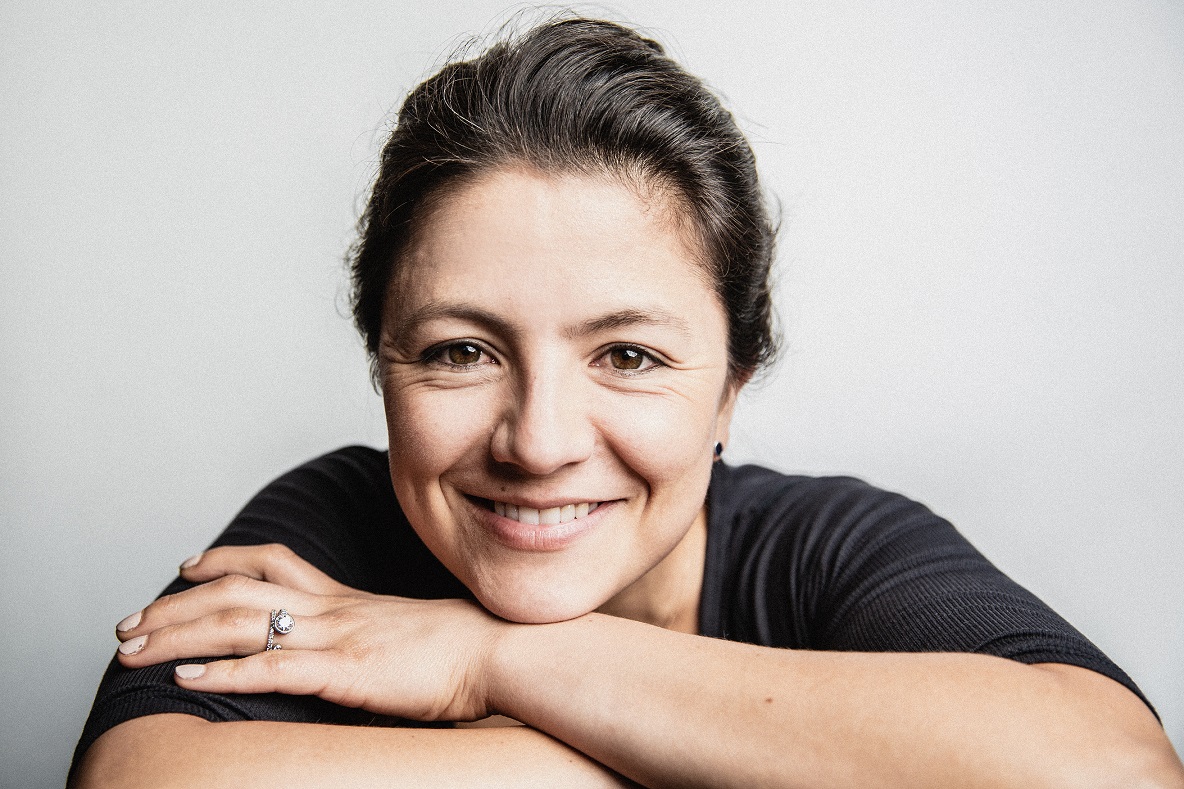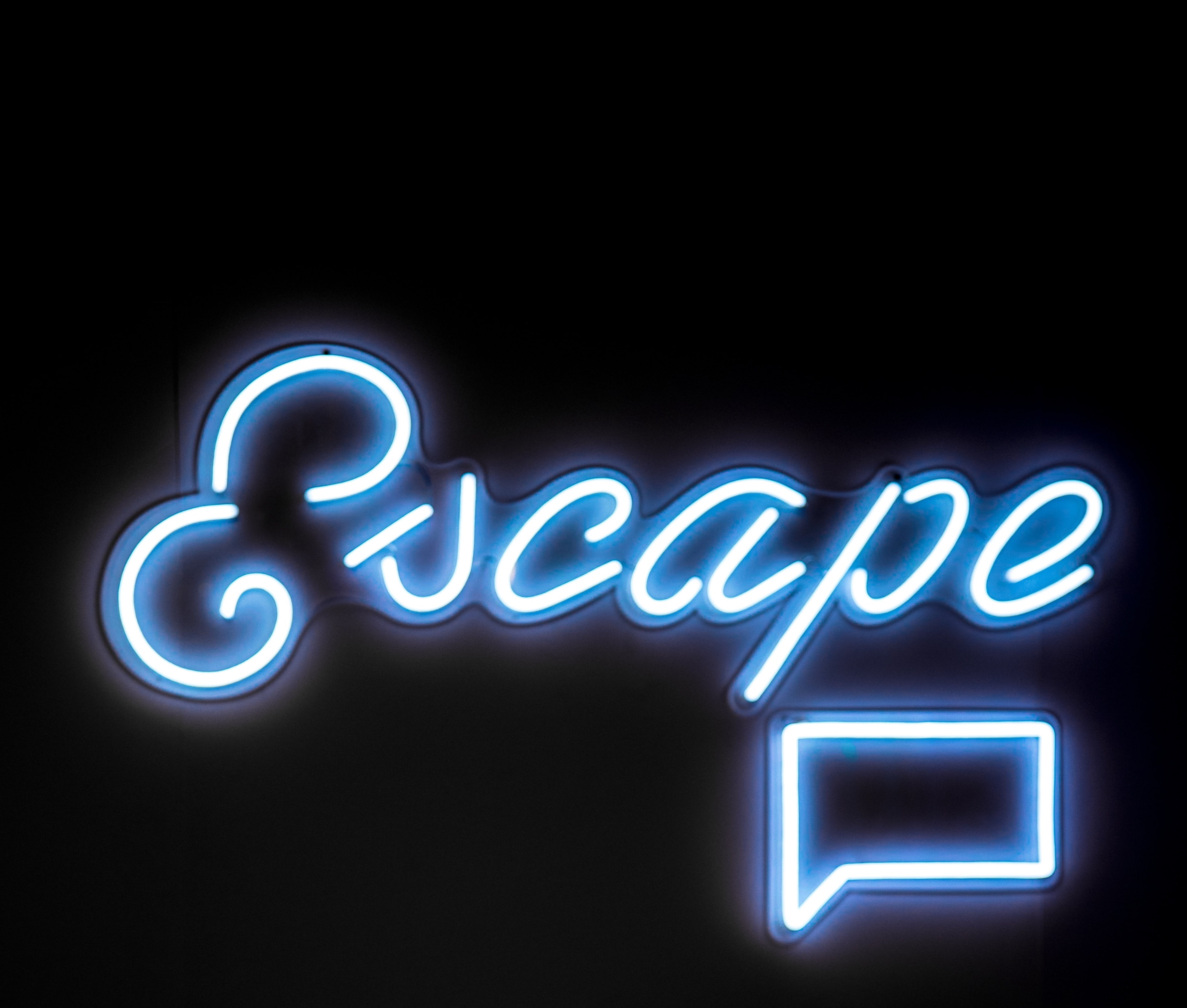Women who are at war with food aren’t addicted to it.
They are addicted to escaping strong emotions.
I know because that was my case and see it in every client I work with.
Learning how to stay and tolerate the discomfort of strong emotions is a pre-condition to building a sane, healthy relationship with food.
How?
To start, let’s recognize that our emotional vocabulary is limited.
We often say, “I’m stressed”, when we may, in fact, feel anxious, tired, sad, lonely or inadequate, to name a few.
But there is a sea of differences between stress and those emotions.
Labeling emotions with accuracy has three benefits.
1. You begin to see strong emotions as data, rather than directives that drive your behavior.
You create distance between you and the emotions and you don’t feel identified with them.
You notice you’re feeling anxious. But you aren’t the anxiety.
It’s when we identify with them that we’re more likely to overeat and respond in ways that aren’t beneficial to us or those around us.
2. You become familiar with your emotions and forgive yourself for feeling them.
The practice of naming emotions makes it easier to welcome them. The good and the bad!
Because they are just “guests”, you don’t judge yourself for feeling them.
There’s less resistance to your humanity. It’s easier to be in a non-adversarial relationship with yourself.
3. It is easier to stay with the emotions and tolerate the discomfort, instead of escaping.
Every thought has a corresponding physical sensation.
Strong emotions exist in the mind but are felt in the body. Particularly, your throat, chest, neck or jaw.
Staying with the tightness you feel in the chest when you’re undermined at work, or the knot in your throat when you argue with your partner, is equivalent to staying with the emotion.
Naming emotions and paying close attention to where you feel them in the body makes you skilled at feeling, staying and exploring.
The next time you feel a strong emotion, try to stay with it.
Breathe and look for the right words to describe it. Inquire where do you feel it in the body.
If it helps, name it out loud, “sadness” or “loneliness.”
It helps me to say “there you are, anxiety” or “welcome again, uncertainty”.
I promise, with practice, the inevitable result is that food will cease to be the only go-to mechanism to deal with emotional distress.
Written by Lina Salazar.


